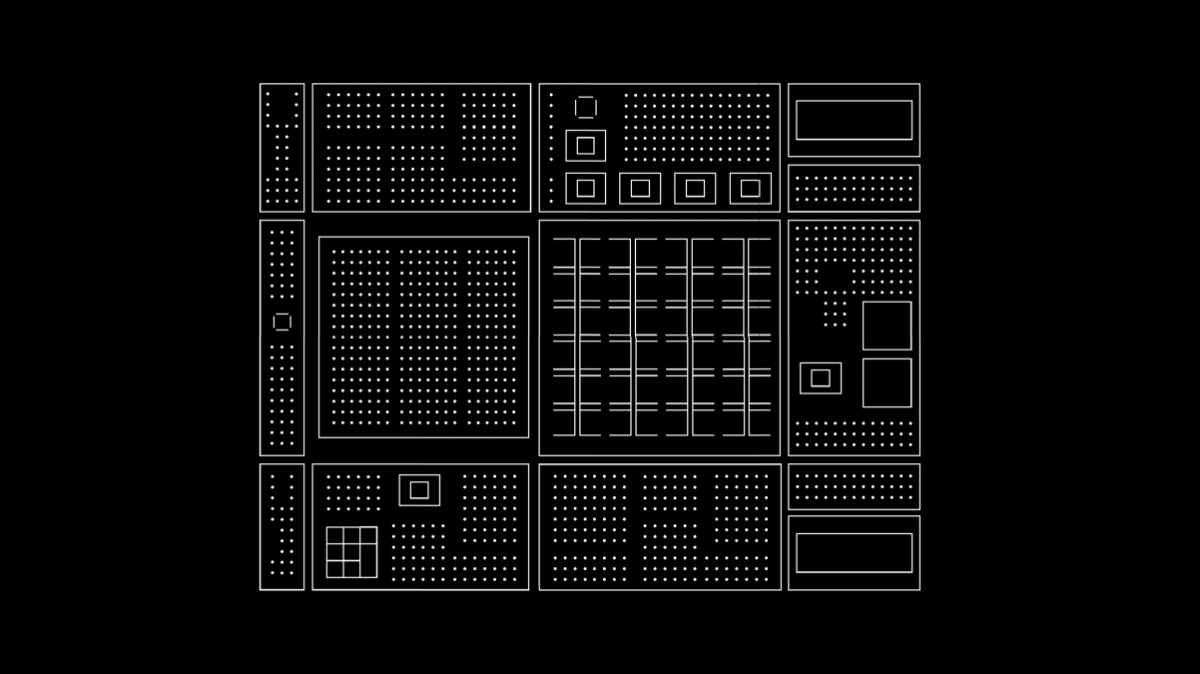IBM at IEEE Quantum Week
- Albuquerque, NM, USA and virtual
About
IEEE Quantum Week — the IEEE International Conference on Quantum Computing and Engineering (QCE) — bridges the gap between the science of quantum computing and the development of the industry surrounding it. This event brings a perspective to the quantum industry that differs from strictly academic or business conferences.
IEEE Quantum Week is a multidisciplinary venue that gives attendees the unique chance to discuss challenges and opportunities with quantum researchers, scientists, engineers, entrepreneurs, developers, students, practitioners, educators, programmers, and newcomers.
Join us on Wednesday from 2:30-5 MT at IEEE QCE for an exclusive preview of the Quantum Developer Conference. Sign up here.
Please note that all times are displayed in the local time zone of your current location.
Speakers
Agenda
- Description:
IBM Speaker: Eddie Schoute
See details here.
- Description:
IBM Speaker: David Kremer, Victor Villar, Juan Cruz Benito
See details here.
- Description:
IBM Speaker: Genya Crossman, Alexandre Choquette, Gavin Jones, Hiroshi Horii, Stefan Wörner, Antonio Mezzacapo, Ivano Tavernelli, Francesco Tacchino, Christa Zoufal
See details here.
- Description:
IBM Speaker: Ian Hincks
See details here.
- Description:
IBM Speaker: Eddie Schoute
See details here.
- Description:
IBM Speaker: Jay Gambetta
See details here.
- Description:
IBM Speaker: Nicolas Dupuis
See details here.
- Description:
IBM Speaker: Gavin Jones
See details here.
- Description:
IBM Speaker: Stefan Wörner
See details here.
- Description:
IBM Speaker: Caleb Johnson, Kevin Sung
See details here.
- Description:
IBM Speaker: Alexandre Choquette
See details here.
- Description:
IBM Speaker: Tristan Müller
See details here.
- Description:
Elucidating mRNA secondary structure is crucial for advancing mRNA synthesis, translation regulation, and therapeutic innovation, yet it faces formidable computational challenges. This study introduces a quantum-centric approach that significantly enhances the computational feasibility of predicting mRNA secondary structures. By effectively balancing tasks between quantum processors and classical computing nodes, our methods utilize a quantum sampling-based paradigm to arrive at the optimal solution. Here, we advance our previous work by integrating a variational CVaR-based quantum algorithm with a novel noise mitigation and problem reduction strategy. We further validate the scalability of this approach on a tensor-network simulator for problems with up to 358 qubits, demonstrating its robustness without noise. Additionally, we utilize Instantaneous Quantum Polynomial circuits, which facilitate classical computations of expectations to guide the training of variational circuits and also aid in error mitigation. These circuits support computationally intensive sampling tasks on quantum hardware. Our scheme is complemented by a lightweight classical local search that refines these samples, thereby increasing the likelihood of identifying optimal solutions. We present results that validate both techniques on IBM quantum processors by conducting hardware experiments that require up to 156 qubits and 950 nonlocal gates, effectively solving mRNA sequences of up to 60 nucleotides. These advancements not only demonstrate the potential of quantum workflows to solve complex computational problems in biology but also pave the way for groundbreaking applications in bioinformatics and therapeutic development.
Authors: Vaibhaw Kumar, Dimitris Alevras, Mihir Metkar, Eline Welling, Chris Cade, Ido Niesen, Triet Friedhoff, Jae-Eun Park, Saurabh Shivpuje, Mariana LaDue, Wade Davis and Alexey Galda
This talk is part of the session TP69::QAPP Quantum Computing for Biological systems and Biomedical Data.
- Description:
IBM Speaker: Ritajit Majumdar
See details here.
- Description:
Despite the amount of omics data generated in the last decade, the low data regime remains a significant challenge in healthcare, particularly in clinical trials and the study of rare diseases. In this study, we explore the application of quantum machine learning techniques to address the challenges posed by low data availability in healthcare. Leveraging the power of quantum computing, we focus on efficient selection of relevant feature and embedding, reducing the model complexity (and number of qubit needed) to enhance the performance even with limited data. In our case study, we used RNA data from epilepsy patients demonstrating how the predictive performance of QML models varies significantly depending on the feature selection approach employed, with noticeable improvements over classical counter part when domain knowledge is integrated to guide the selection process.
Authors: Emre Sahin, Matthew Madgwick, James Strudwick, Vivek Sehra, Oscar Wallis, Hamed Javidi Mostafapour Boshroyeh, Anna Paola Carrieri, Laxmi Parida, Lara Jehi, Stefano Mensa and Filippo Utro
This talk is part of the session TP84::QML Data-Efficient and Uncertainty-Aware QML.
Upcoming events
- —
AI Hardware Forum 2025
- Yorktown Heights, NY, USA
AI Compute Symposium 2025
- Yorktown Heights, NY, USA and virtual
- —
IBM Quantum Developer Conference 2025
- Atlanta, Georgia, USA


